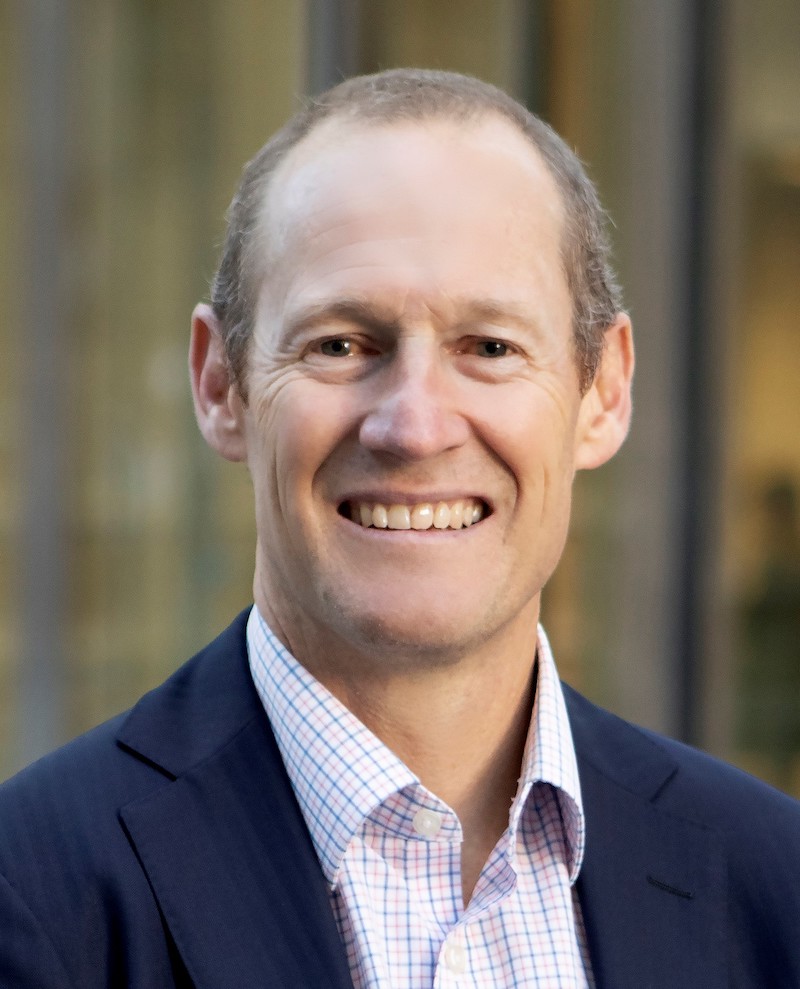What was your first job?
At age 10 I had a main part in a small film which appeared at the Cannes Film Festival. It was clearly a one-hit wonder for me as my acting career never went any further!
When did you know you wanted to work in finance/business?
There was no epiphany. I studied Economics at University and knew I wanted to do something related to that. After bluffing my way into a financial reporting role in London after Uni, I discovered the CFA course and in completing that, it sparked my interest and opened doors into investment management and advice.
When did you first discover the concept of Impact Investing?
I first heard about Impact Investing probably 7 years ago, but like many people, I thought the term was synonymous with sustainable investing. I now know that’s like saying Rolls Royce is another term for car!
In 2018 I met Kylie Charlton, who was invited to pitch to my client on impact investing. She opened my eyes to what impact really is.
What’s one exciting development you and your team have in the pipeline?
There’s lots of exciting opportunities in the pipeline but I’m probably most excited by the prospect of making impact investing accessible to more and more of our client base. In advising our clients on impact investments, I’m continually searching for compelling opportunities, which measure up in terms of both impact and return.
I’m constantly impressed with the human ingenuity and technology that powers some amazing impact creations we’ve discovered, across an ever-growing number of asset classes. From transforming food waste into protein food for farm animals (to support the circular economy), to re-uniting families via social impact bonds and $15bn climate transition programs.
We’re building the infrastructure to combine the best of these initiatives into impact investment portfolios which are diversified by different impacts and return drivers.
What was the most interesting impact deal (from any team across Asia/Pacific) in the past 12 months?
There are so many, but there’s two standouts: Specialist Disability Accommodation (SDA) and Regenerative Agriculture. They’ve both been around longer than 12 months, but they have scaled up considerably in the last year.
SDA is a whole new sector of the property market, which is appealing because of its Government backed revenues and because it isn’t exposed to the headwinds facing traditional office and retail property sectors, i.e. ‘working from home’ and online shopping dynamics. SDA’s impact is also significant, in addressing the huge shortfall in appropriate disability accommodation.
Regenerative agriculture is all about looking after the soil for future generations, and in the process producing top quality vegetables, which are in such high demand that retailers are paying for them up front with off-take agreements. It’s one of these impact investments which performs well not in spite of the environmental benefit it provides, but because of it – consumers want sustainably sourced vegies!
Name one high impact company (globally) that investors should keep their eye on?
Outland Denim. Born out of an Australian man’s quest to empower sexually exploited women, this B Corp accredited jeans maker based in Cambodia had a slow start in getting its business off the ground in 2011 – the founder didn’t know the first thing about fashion, nor making jeans. He figured it out and in 2019, Meghan Markle was spotted wearing Outland Denim jeans, which propelled the business into recruiting an additional 46 seamstresses the very next month, to keep up with ongoing demand. Now stocked by David Jones and other big retailers, Outland Denim is an exciting impact success story (and their sustainability reports make fascinating reading).
What’s your vision for impact investing in 5 years’ time?
Like everyone else in the impact community, I really want to see impact investing become mainstream. Things I think we will be seeing in the next 5 years are:
- More education and awareness – the wheels are turning slowly, impact (not just sustainability) needs to get on the agenda, and in the mindset of mainstream investment houses, conferences and media.
- Corporates and funds reporting on not just their sustainability efforts, but their impact outcomes.
- Greater accessibility for individuals and smaller entities.
- Bigger impact investment allocations from institutional investors. Some of the large Super funds are dipping their toes in the water by making small allocations to impact investments, which I applaud; but they need to go further. Part of this can be addressed by greater commitment, but they also need enough big deals for them to make meaningful allocations.
- Externalities being properly priced and charged for.
Subscribe for the latest impact news

